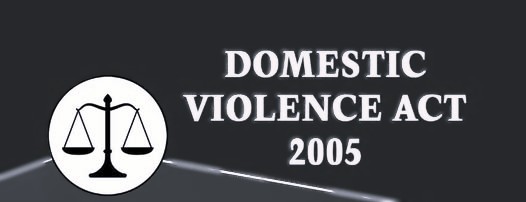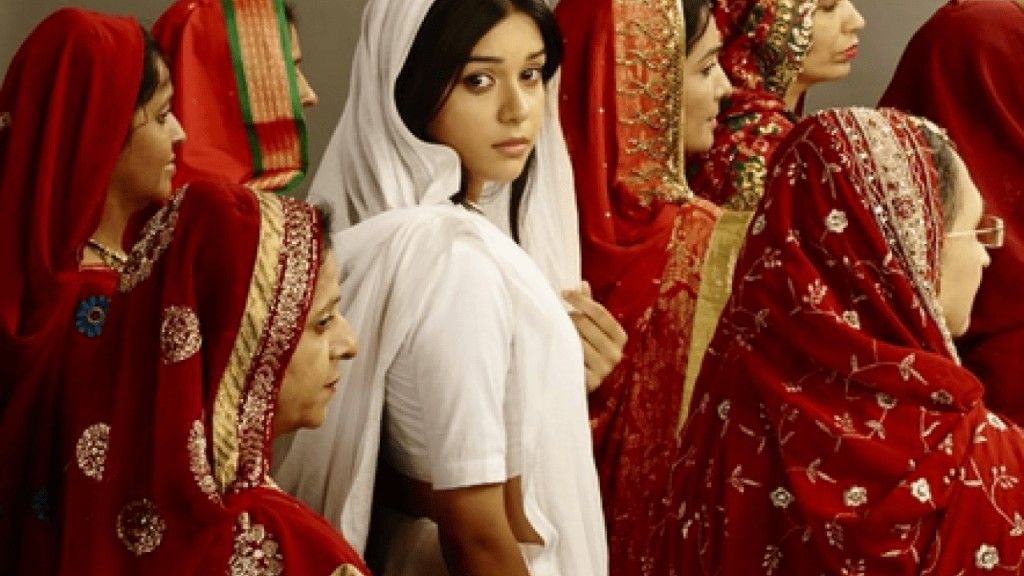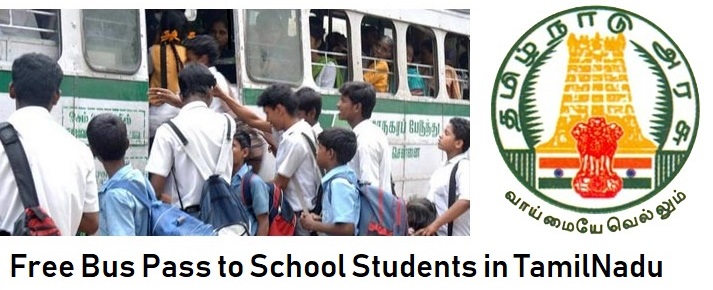The main objective of this Protection of women from domestic violence act, 2005 is to make women live in violence free homes. This is an Act aims to provide more effective protection to women from violence of any kind occurring within the family. In other words this act is enabled to prevent violence in families and to provide a peaceful and secure physical and mental space wherein a woman would be in a position to take free and informed decisions.
Enacted by the Indian Parliament, the Protection of Women from Domestic Violence Act, 2005 (PWDVA) was brought into force on 26 October 2006. Its objective is clear: to offer effective protection to women facing violence at home whether physical, emotional, sexual, verbal, or economic. Initially, legal protection in India under IPC Section 498A only criminalized cruelty by husband or relatives. With PWDVA, a broad spectrum of abuse is now covered, and meaningful relief is available

Who can seek help under the Domestic Violence Act?
The women victims of domestic violence can seek help under the Domestic Violence Act.
How to file a complaint?
To file a complaint for domestic violence, one can
- Approach the police station and register the complaint, or
- File a complaint to a Protection Officer or Service Provider, or
- Directly approach the Magistrate.
Objectives of the Domestic Violence Act
The objectives of the Protection of Women from Domestic Violence Act, 2005 is to serve the following purposes:
- To identify and determine that every act of domestic violence is unlawful and punishable by law.
- To provide protection to victims of domestic violence in the cases such acts occur.
- To serve justice in a timely, cost-effective, and convenient manner to the aggrieved person.
- To prevent the commission of domestic violence and to take adequate steps if such violence occurs.
- To implement sufficient programs and agendas for the victims of domestic violence and to guarantee the recovery of such victims.
- To create awareness among the people about domestic violence.
- To enforce harsh punishment and must hold the culprits accountable for committing such acts of violence.
- To lay down the law and govern it in accordance with the international standards for the prevention of domestic violence.
What are all the protections or help given under this act?
It provides appointment of Protection Officers and recognizes and involves nongovernmental organizations as service providers for providing assistance to the abused with respect to her medical examination, obtaining legal aid, safe shelter. Medical facilities, legal facilities, Counselling and Protection Orders are given to the applicant from designated Courts.
Key Provisions & Reliefs under the Act
1. Definition of Domestic Violence
Under Section 3, domestic violence is defined expansively it covers physical assault, psychological abuse, sexual coercion, economic deprivation, and threats related to dowry demands, This broad scope ensures that various forms of suffering are legally recognized.
2. Rights of the Aggrieved Person
An aggrieved woman has the right to apply for:
- Protection orders
- Monetary relief, including maintenance, medical expenses, and compensation
- Residence orders
- Custody orders
- Compensation orders.
Additionally, free legal services are guaranteed under the Legal Services Authorities Act, and she may also file a complaint under IPC Section 498A if needed.
3. Protection Orders
Protection orders may prohibit the respondent from:
- Entering the victim’s home or workplace
- Committing acts of violence
- Harassing or communicating with the aggrieved person
- Liquidating joint assets or operating shared accounts
Violation of these orders can result in criminal penalties fines up to ₹20,000, or imprisonment for up to one year (or both).
4. Residence Orders
Section 19 empowers courts to grant rights to reside in a shared household even if the woman has no legal title. In some cases, the court may order the respondent to provide alternative accommodation or pay rent.
5. Monetary Relief & Compensation
Monetary relief covers:
- Loss of earnings
- Medical expenses
- Property loss
- Maintenance for woman and children
- Mental and physical trauma compensation
Courts may award compensation beyond just expenses, acknowledging the emotional harm suffered.
6. Custody Orders
Where the court is satisfied that the child’s interests require it, temporary custody may be granted to the mother during proceedings.
Domestic Violence Act – Machinery for Implementation
Protection Officers
Appointed by state governments, Protection Officers serve as the first point of contact. Their responsibilities include:
- Assisting with filing applications and preparing Domestic Incident Reports (DIRs)
- Informing victims of legal rights and support services
- Connecting victims to shelter homes, medical care, and legal aid
- Ensuring compliance with court orders.
Service Providers
Registered NGOs or institutions function as Service Providers, tasked with:
- Recording DIRs and forwarding them to Magistrates or Protection Officers
- Arranging medical examinations and shelter
- Offering counselling and legal support
These entities enjoy legal protection while acting in good faith under the Act.
Duties of Authorities
Police, Magistrates, Service Providers, and Protection Officers must promptly inform the victim of her rights and duties under Section 5. Courts must conduct hearings within 60 days of the first date and grant appropriate orders. They may also conduct in-camera hearings for privacy.
Evolving Legal Interpretations & Challenges
Recent Court Decisions
- A Kerala High Court ruled that a woman retains the right to stay in the matrimonial home under the DV Act even after her husband’s death, emphasizing continued ‘domestic relationship’ under Section 17.
- Another ruling by the Bombay High Court affirmed that annulment of marriage does not strip away entitlement to maintenance, if credible evidence of abuse exists.
Implementation Gaps
Despite its progressive aims, the Act faces hurdles:
- Low conviction rates, especially under IPC 498A only about 1% in Bengaluru courts; civil relief orders under PWDVA also see few convictions.
- Lack of awareness among women and delayed appointments of dedicated Protection Officers or full-fledged service providers hamper access to relief.
- Often, immediate support like trauma counselling, shelters, and assistance with daily needs is lacking, despite legal provisions.
Why the DV Act Matters: A Summary
- It recognizes non‑physical forms of abuse, filling a gap left by older laws.
- It integrates civil remedies with some criminal enforcement, notably for violations of protection orders.
- It requires state-backed machinery, such as Protection Officers and Service Providers, to ensure support is accessible.
- It provides legal, residential, financial, and custodial relief tailored to victims’ needs.
What You Can Do
If someone you know is facing domestic violence, these steps may help:
- Reach out to a Protection Officer or certified NGO in your district.
- File a Domestic Incident Report (DIR) without delay.
- Seek a Magistrate order for protection, residence, or monetary relief.
- Ask for counselling, shelter, or legal assistance as provided under the Act.
- Keep abreast of court rulings and rights, so that unexpected situations like annulment or loss of spouse do not jeopardize legal support.
Must Know about this Act ( Domestic Violence Act ) 2005:
The Protection of Women from Domestic Violence Act, 2005, represents a landmark law in India. By offering multi‑faceted relief protection, housing, custody, monetary aid it seeks to empower women and uphold their dignity. Yet, challenges in implementation continue to persist. Stronger awareness, better-equipped protection officers, and more effective service providers are critical to translating legal provisions into real-life safety.
By staying informed and advocating for access, more women can confidently seek the protection and relief this law guarantees. If any Grievances is there, then the applicant can contact the District Collector or District Social Welfare officer(district level) and for state level, the applicant can contact commissioner of social welfare department.

